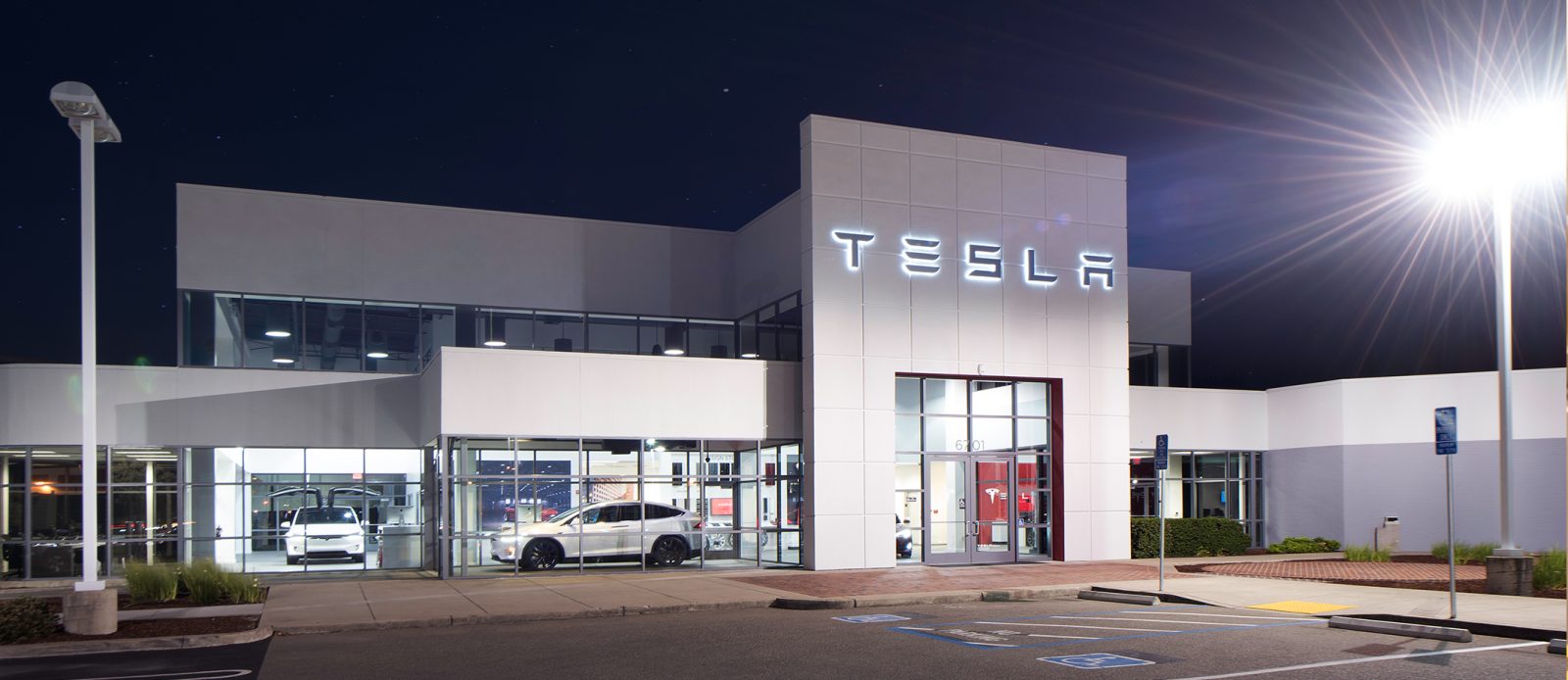
Around this time last year, Audi unveiled the quattro e-tron and Porsche unveiled the Mission E. The automotive press was quick to dubbed the vehicles ‘Tesla Killers’ seemingly only based on the fact that they are all-electric luxury vehicles that would theoretically compete against the Tesla Model X in the case of the quattro, and against the Model S in the case of the Mission E.
Now a year later, Mercedes unveils its ‘Generation EQ’, an all-electric SUV, and several other EVs are on the map, and again the media jumped back on the ‘Tesla Killer’ train. Business Insider seems particularly fond of the term, but they are far from the only culprit.
It wasn’t true last year and it’s still not true today.
If anything, those vehicles only highlight Tesla’s important lead over established automakers when it comes to long-range electric vehicles. The company has years of experience building large battery packs and using them in passenger cars. That’s an important expertise and provides significant data that no other automaker is currently using to build their own EV programs.
Tesla officially offers 75 kWh, 90 kWh and 100 kWh battery packs. Those are the 3 biggest packs currently available in passenger cars today.
The fourth biggest pack on the market was the electric Mercedes B-Class’ battery pack, which was rated 36 kWh, but Mercedes was buying the powertrains through Daimler’s partnership with Tesla.
It’s only now with the very capable, but somewhat homely Chevy Bolt EV and its 60 kWh battery pack that other automakers are starting to get close to Tesla’s energy capacity. But even then they are not killing surpassing it and they don’t plan to for years to come. And that’s not even counting GM’s tarnished brand nor lack of DC charging infrastructure for long trips.
Mercedes’ ‘Tesla Killer’, the ‘Generation EQ’, will eventually be equipped with a 70 kWh battery pack, which has less capacity than Tesla’s smallest currently offered pack, and it is not planned to hit the market for another year. The first vehicle expected to have a similar battery pack capacity as Tesla’s bigger packs is Audi’s quattro e-tron with a 95 kWh pack, but the vehicle is not planned to hit the market until 2018 (and Audi hasn’t been having much luck with high end electric vehicles).
Other electric vehicles are scheduled to hit production toward the end of the decade with similar capacity as Tesla was producing back in 2012. Additionally, as we recently reported, Tesla is also still pushing to increase energy density in its energy storage solutions and reduce the cost with its new battery cells and packs to be manufactured at the Gigafactory in Nevada.

Tesla is doubling the energy capacity of the Powerpack with new battery cells from the Gigafactory
It’s great that those vehicles are coming to market, but calling them ‘Tesla Killers’ is not doing them or anyone any favor.
Since those who refer to those vehicles as ‘Tesla Killer’ only do it on the basis that they have similar range and are in the same segment, they are assuming that automakers possibly closing the gap in energy capacity in the next few years will be enough to kill the demand for Tesla vehicles.
That’s a misconception based on a lack of knowledge of just how big is the auto industry. There are about 75 million new cars sold every year and while some segments can get crowded with new models every once in awhile, it’s hardly the case for electric vehicles.
There’s also the aspect of brand loyalty, which is particularly important in the auto industry. Recent reports show that Tesla has been successful in creating a valuable car brand and the company even entered the list of the Top 100 Most Valuable Global Brands this year.
Tesla is creating a loyal customer base in the luxury segments and the company was smart enough to lock-in some of the demand in the mid-luxury segment by opening reservations for the Model 3 over a year before it is planned to hit the market.
In other words, it will take more than a few electric car models to come in the next few years to “kill” Tesla and therefore, the term should be retired. I mean it’s getting out of hand when Business Insider is now referring to Henrik Fisker’s new vehicle concept as a ‘Tesla Killer’ even though no one has seen the vehicle yet, it is years away from making it to market if ever, it is using a battery technology that has been taunted as revolutionary for a decade but never made it to market, and has everyone forgetten what happened to Fisker’s last ‘Tesla Killer’?
I think Tesla clearly isn’t going to be ‘killed’ any time soon, and the real news that we’re searching for daily would be a bonafide ‘Tesla competitor’ at this point which should be welcomed by the EV community (and Tesla itself if you believe in their mission) unlike something called a ‘Tesla Killer’.
FTC: We use income earning auto affiliate links. More.






Comments